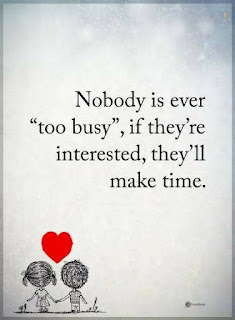Mariano Rivera was a vital member of that team. As the closer, he was the final pitcher brought in late in games with the Yankees ahead to prevent the other team from scoring, and earn the win. He finished his career with 652 saves, the most ever in Major League Baseball. This past week, he became the first player ever to be unanimously voted into the Hall of Fame.
One of my favorite memories of Rivera was on the night of September 26, 2013, his final game in Yankee Stadium. When it was time for him to be removed from the game, instead of the manager of the Yankees coming out to get him, it was two of his teammates and closest friends, Derek Jeter and Andy Pettite. When the duo reached the mound and took the ball from Rivera, he was overcome with emotion and broke down in tears.
 |
| Photo courtesy of YouTube |
Here was one of the toughest pitchers in Major League Baseball, sobbing in the arms of another man, in front of a sell out crowd, and ultimately, since the moment was captured by video, seen by millions of people around the world. To me, that is the definition of healthy masculinity.
Our world has been saturated by the stories of men who have taken advantage of women and in some cases children. As the father of two young boys, and the superintendent of a school district full of young men and young women, I feel a personal and a professional obligation to model what it means to be a man in 2019.
I have cried many, many times in my life. The first time I can remember crying was in third grade. My grandfather passed away in 1983 after a brief battle with cancer, and that was a devastating loss to me. I cried when I first saw my family following my graduation from Holy Cross. I cried on my wedding day, as well as on the day both of our children were born. I've cried because of TV shows, movies, and yes, because of commercials.
We repeatedly hear "Boys will be boys," "Toughen up, it's OK," and sometimes quite explicitly, "Don't cry" when it comes to boys and their behavior. Those phrases harm the emotional growth of both boys and girls and set up unrealistic expectations for how our culture views the feelings boys (and men) have. Those phrases contribute to toxic masculinity, and they create a distorted power dynamic for our relationships.
I'm proud of the work of groups like The Good Men Project, an organization whose founders hoped to spark a national conversation around the question of "What does it mean to be a good man?" I'm proud that my own children have seen me cry. I'm proud that I'm comfortable crying in front of them. I'm proud that a baseball player that I've admired for his athletic ability felt comfortable crying in front of millions of people.
A Hall-of-Famer on and off the field.
 |
| Photo courtesy of www.boldomatic.com |




